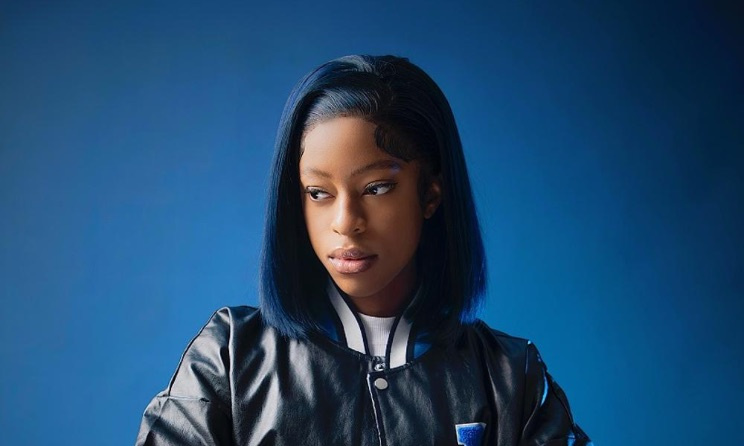Fast-rising Nigerian singer and songwriter, Qing Madi, has spoken candidly about the challenges female artists face in the country’s music industry, arguing that the space is not designed to protect or support women.
The 19-year-old singer, who gained recognition with her breakout hit American Love, expressed her frustrations in a recent episode of the Wahala Podcast.
According to Qing Madi, while female artists contribute significantly to the growth of Nigerian music, they often find themselves navigating harsher realities compared to their male counterparts.
She noted that women in the industry are not given the same reception as men and are frequently subjected to unfair criticism.
“I think the [music] industry is not the best for women in terms of protecting women, loving women in general,” she said. “Women have to do twice as much work as their male counterparts. Women are often criticised for nothing. But they don’t do that to the men. The men have the right to do whatever they like, but for the women, society just wants to box women so much.”
Qing Madi further highlighted the double standards that exist in the music space, stressing that men are often given free rein to express themselves, while women are scrutinised for the same choices. She described this reality as exhausting, especially for young female artists who are just beginning their careers.
Read Also: Record label bans pregnancy for female artistes – Ubi Franklin confirms
“I go through that, which is crazy because I’m 19. So what do you want me to do? Women never get a break,” she lamented.
Despite the struggles, she said she takes pride in her journey and in the resilience of other women pushing boundaries in the Nigerian music scene.
“So I’m super proud of being a female artist in Nigeria. And I’m super proud of every female artist in Nigeria because it takes a lot [to be one]. It’s not easy.”
Qing Madi’s comments echo the concerns many female entertainers have voiced in recent years. While Nigeria’s music industry has produced global superstars like Burna Boy, Davido, and Wizkid, female representation at the same level remains limited.
Artists such as Tiwa Savage, Yemi Alade, Simi, and Tems have blazed the trail, proving that women can compete globally, but even they have occasionally spoken about the systemic challenges within the industry, from unfair pay gaps to lack of institutional support and entrenched gender stereotypes.
For emerging stars like Qing Madi, these struggles highlight how much more work needs to be done to create an enabling environment for women in music.
Interestingly, female Nigerian musicians continue to receive international recognition despite battling structural hurdles at home.
Tems, for instance, has won a Grammy Award and collaborated with global stars like Drake and Beyoncé. Yet, back in Nigeria, women in the industry still encounter scepticism and social policing that their male colleagues rarely face.
Analysts say this reflects a broader issue within Nigerian society, where cultural expectations and gender norms often limit women’s opportunities in various industries, not just the music industry.
By speaking out, Qing Madi has added her voice to the growing chorus of female artists demanding better treatment, protection, and recognition.
Industry stakeholders argue that addressing these issues will require intentional policies from record labels, event organisers, and media platforms to ensure equal opportunities and representation for women.
While the journey is far from easy, Qing Madi’s resolve demonstrates the determination of a new generation of female artists who are unwilling to accept the status quo.
Her comments also serve as a reminder to fans, policymakers, and industry leaders that the success of Nigerian music on the global stage cannot be sustained without ensuring inclusivity and fairness at home.



